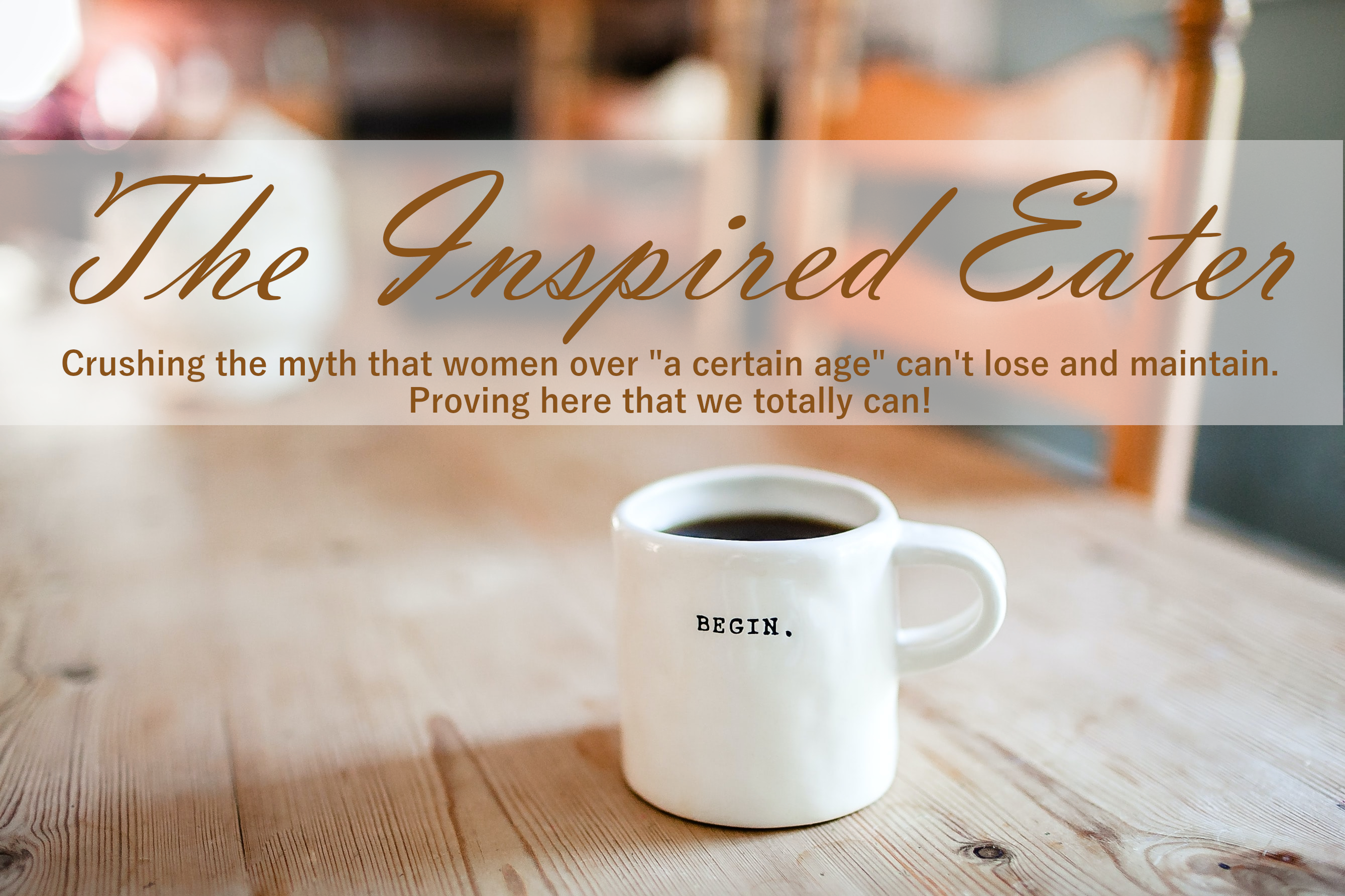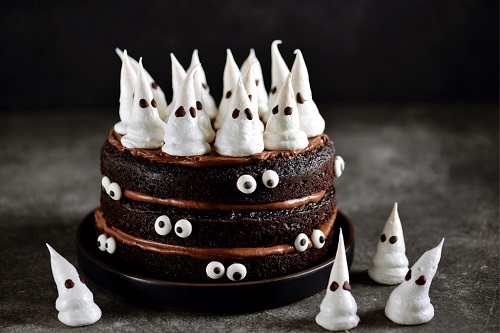Emotional Eating.
For those of us who grew up in a challenging childhood, food was a whole new ballgame: we grew up using food as a substitute for what we weren’t getting at home.
For emotional eaters, food can be quite the chameleon. Just tell the box of grocery store donuts what you need, and — presto — the donuts will provide:
- Soothing after trauma (one horrific incident or many years of abuse)
- Excitement when we’re bored to tears.
- Distraction when real life is a pain in the tush.
- Anesthesia when we’re too despondent to move.
- A cloak when we want extra weight to help us disappear, i.e. blend in.
But let’s back up a moment.
Say a person’s childhood was particularly difficult. Many turned to liquor, cigarettes, drugs, over-dieting (anorexia) or over-dating.
We, on the other hand, preferred the comfort of chocolate cake.
Food’s Innocent, Right?
The thing is: food isn’t illegal and doesn’t fry our brain cells. Food doesn’t cause lung cancer (although beware: food’s a culprit in many diseases including cancer). Food returns our calls, it never leaves us wondering. Food doesn’t criticize or place demands on us. In short, food is a dear friend.
But here’s where the problem lies: the very substance we used to navigate a difficult childhood, is the exact thing that’s causing us major trouble as an adult.
Yes, food was immense comfort to us when we were young, but today the crutch is no longer needed yet we still clamp onto food like Linus with his blankie.
Our One-Time Friend Goes Rogue.
Today, rather than diving deep into food and childhood trauma, we’ll look at how to slowly shake off the habit of using food to soothe.
(That said, food will never allow us to transform bad habits to good ones unless the trauma is addressed. You’ll only get irritated with yourself for being “unsuccessful again.” Which isn’t what’s happening at all. What’s happening is that trauma needs to be acknowledged and treated in a safe, caring environment. Only you know if it’s time to get one-on-one support from a skilled therapist.)
For those who feel ready to change old overeating habits to good habits, let’s do this.
Journaling Gems.
I will never stop talking about how valuable writing (or typing) is for our mental health. I don’t believe in magic, but something incredibly important happens when we write. I’ve written stuff and thought, “what the heck? where did that come from?!”
In your journal write with abandon to:
- What food meant to me and how I used it when I was under twelve (give at least three answers):
- What food meant to me when I was a teen:
- Same question: when I was in my 20’s:
- In my 30’s:
- 40’s:
- What food means to me today:
- What are three small steps I can make today and this entire week to engage with food in a new healthier way:
- Today I will:
- This week I will:
- On a scale of one to ten (one being not at all, ten being totally onboard) how committed am I to making these three small steps come to life?
- If my score is low, how can I raise it?
- Deep down I know that I’m not terribly committed because:
- What positive thought can I use to remind myself that this time my efforts will produce great results?
Re-visit the three small steps every morning this week and then strategize (on paper) how you’ll incorporate the strategies into your life.
In the end, food may have ushered us successfully through childhood, but it’s now causing trouble. Thank food for the comfort it brought. And now, turn the page to a new chapter in your life that puts food into it’s proper place (sometimes fun; mostly fuel). ♥
You are the loveliest group! I can’t say enough about how wonderful you guys are. It also appears that many of us are dog- and cat-people.
And please keep sending questions or concerns, it helps me better understand where my focus should be.
Have a wonderful week,
♥, Wendy
P.s. Are you new to the Inspired Eater? Welcome!! This blog won’t make much sense until you first read Aunt Bea post (and you’ll find Aunt Bea on this page to the right under my short bio. After you enter your email address, the Aunt Bea article will be sent to your email’s inbox. If it’s not there, you might check the spam folder. And always feel free to email me at Wendy@TheInspiredEater.com and I’ll get Aunt Bea right to you!
Some links may be affiliate links and as an Amazon Associate, I may earn from qualifying purchases. Of course you incur no additional cost.


23 Comments
Wendy – thank you! I needed this today. Getting my journal out now! 😉
I’m so glad, Barbara. Writing can be so illuminating and healing. ♥
Wendy,
Another fantastic and oh-so-helpful post! Thank you!
You’re the helpful one here. Seriously. Thanks for commenting!
I so relate to this post! I’d honored if you shared this post at our link up on the Big Fat Menopausal life.
http://bigfatmenopausallife.blogspot.com/2021/10/share-wealth-link-party-4.html
I love your blog!! Thank you so much for reaching out.
I posted! 🙂
Thanks – and thanks for joining the party!!
I appreciate your insights.
Thank you, Michele!
Very informative post, thank you. Something I need to look into as I definitely “eat my feelings”. xxx #Blogtober2021
Yep. This resonated with me. A battle I’ve been fighting for years. Going to save this to do the journaling exercise. Thank you.
Awesome!
W.
You write great articles that are practical and motivational. I thought you might want to fix a typo in your one title: Our One-Time Friend Goes Rouge, which is the word for make-up. Change the letters and you have Rogue, the word you’re looking for. Thanks for linking on Amanda’s Books and More!
Thank you a billion!!
I love the eyes all over the place, such a fun and seriously yummy cake!!
Aren’t they cute??
Thanks for commenting!
W.
Great thoughts. Thank you for sharing on Happiness is Homemade & Traffic Jam Weekend at LifeasaLEOWife.com!
I love both link parties!! Thank YOU.
W.
I’m a comfort and boredom eater, I find planning my meals and snacks for the day helps me reduce the amount I eat.
Thanks for linking up with #pocolo
Thanks for writing Ms. Ruby. I love #pocolo!
W.
Wonderful insights today and gave me a lot to think about as well. I am also encouraged to journal more. Thanks for linking up this week. #HomeMattersParty
Thank you back, Donna!! Are you in my favorite state? VA?
W.
Pingback: 22 Unmissable Reads, The Best of the Blogosphere (October 2021) - Not Dressed As Lamb